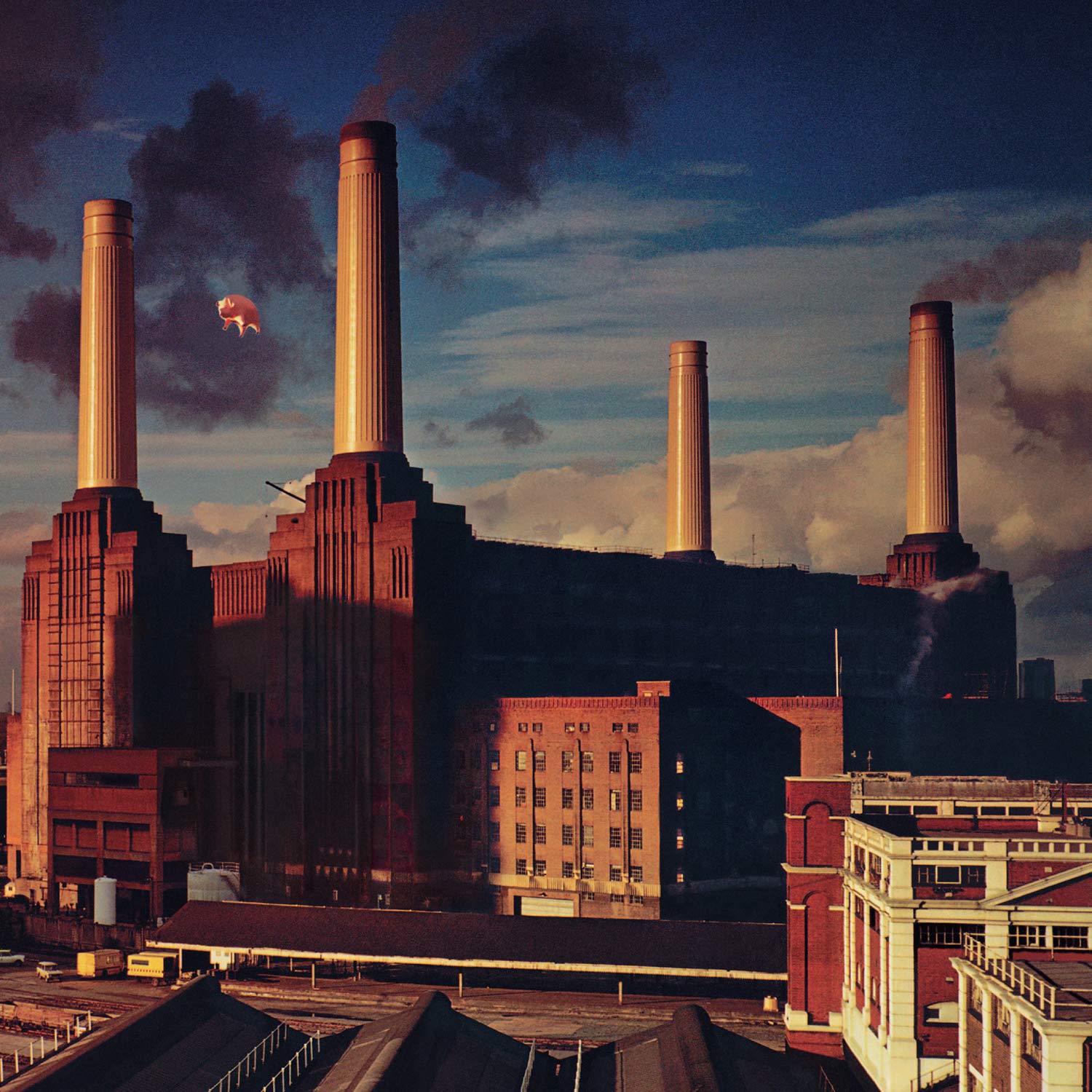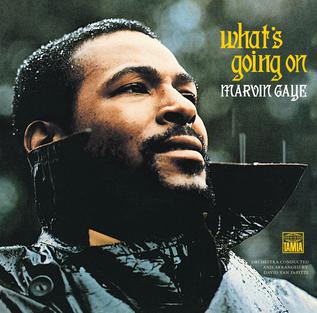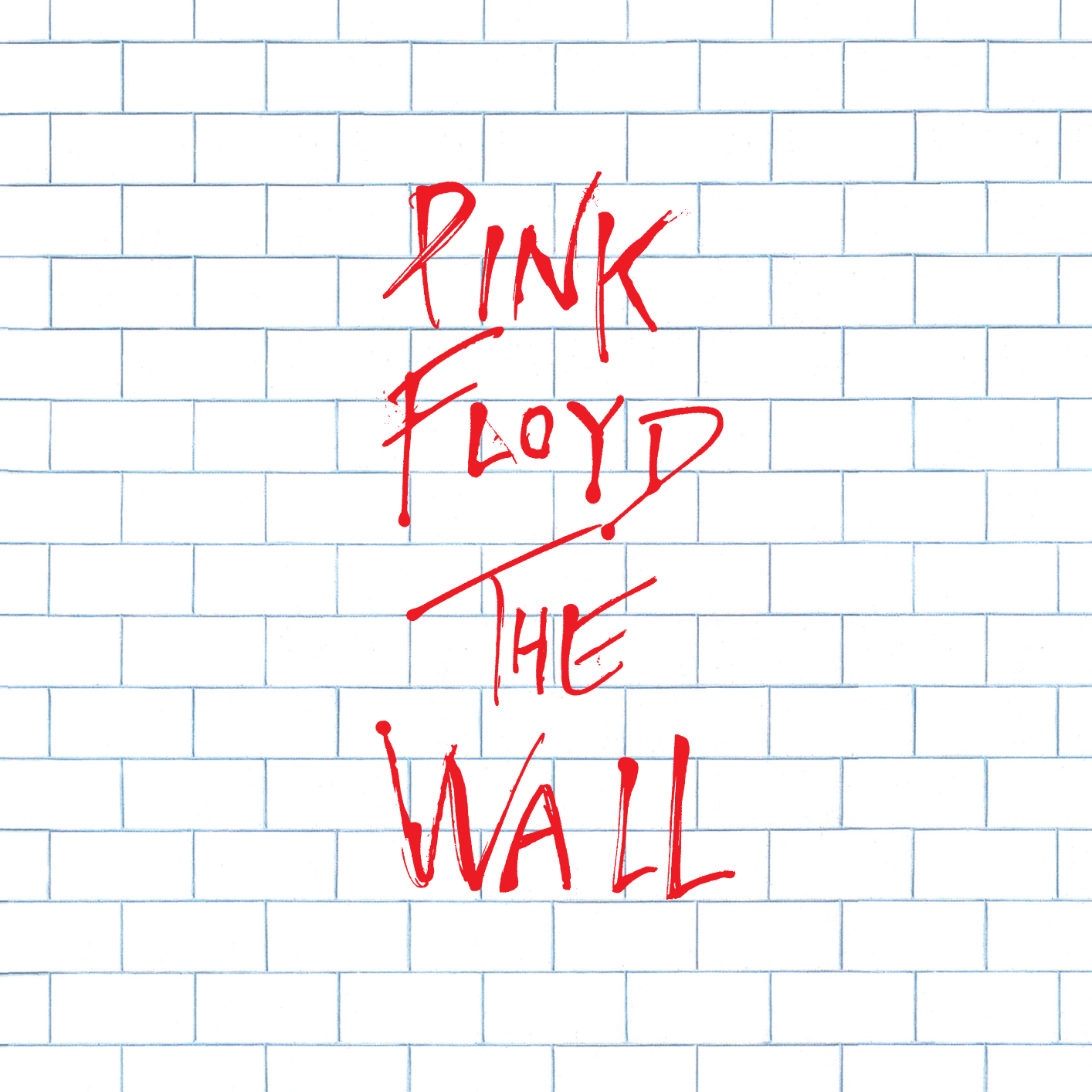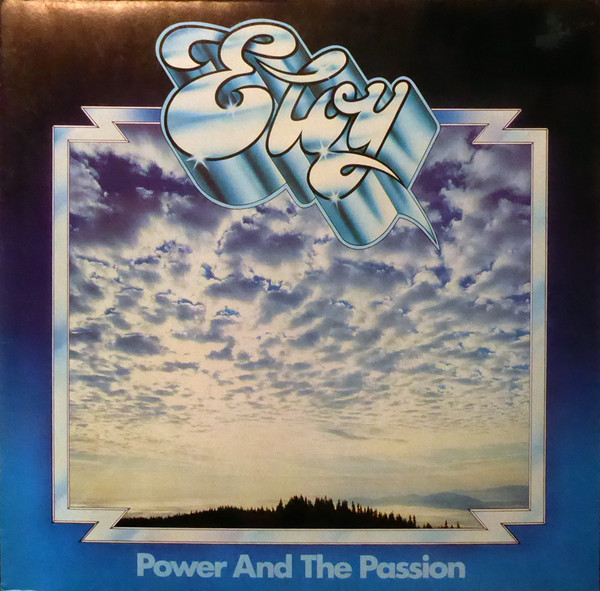The History of the Classic Rock Concept Album
For far too long now we’ve been listening to music to “check out” rather than “check in.” These days the classic rock concept album is as scarce as catching two millennials listening to Mothership Connection on 5-foot tower speakers. In the near words of Marvin Gaye, “what in the *#&@! is going on?”
Let’s be honest, average intelligence is dumbed down across the board. Music is no longer a source of inspiration. It’s the white noise machine we toss in the background as we flip through our social media feeds. To say humanity is at a crossroads is an understatement. We’re at a crossWALL and we’re gonna need David Gilmour’s guitar solo on Time to bust through this barrier. If music is the savior that pulls us together, we’re better learn to embrace the resurrection of the almighty concept album.
Classic Rock Concept Album Criteria
Good morning class. Can anyone tell me the first classic rock concept album? If you said Sgt. Pepper’s Lonely Hearts Club Band by The Beatles, you are wrong; but you may also be right. Confused yet? Welcome to the club.
The problem with the term “concept album” is that it’s rather ambiguous. In its most generic form, it’s an album where all the songs adhere to a certain theme or underlying concept. The purists, however, will tell you that it maintains that cohesive theme via a narrative of some sort. It’s a book or screenplay set to music if you will.
Since there aren’t specific criteria required to obtain the coveted concept album stamp, things can get dicey, particularly when you ask music critics to chime in. There are albums that are widely considered concept albums that in my opinion have received a pass based solely on a band’s notoriety.
There are also albums that may not stick the landing on the narrative portion of a concept album, but do a solid job maintaining a specific theme. Fleetwood Mac’s Rumours falls into this category. You won’t find it on any “best of” concept album list, but many would agree that the theme of toxic relationships—and their effect on the individuals involved—are sewn into the fabric of almost every song.
Why is the Classic Rock Concept Album so… Classic?
Rifling through best rock album lists, you’ll notice that many of the most highly regarded—and best selling—albums of all time are concept albums. But why is it so special?
If we ignore the star power of many of these artists/bands, which is definitely a factor, my theory is that concept albums are universally timeless. They don’t just meander through the typical themes present in most songs: romance/love, party time, sadness, death, etc. They resonate because they take us on unconventional trips that span the spectrum of emotion. They remind us of pleasurable moments, trials and tribulations, personal struggles, failures and success. In a nutshell, they fill in the small pixels that complete the big picture.
These magical music adventures have inspired other artists to record their own versions. It’s no coincidence that Alan Parsons, who built an entire career off the concept album, got his start as an audio engineer at Abbey Road Studios, running the board during tracking sessions for The Beatles’ Abbey Road and Pink Floyd’s Dark Side of the Moon. It was Pink Floyd who took the narrative concept even further by transforming The Wall into a visual concert experience.
Most of these early concept albums were released during the modern day renaissance of the 60s, 70s, and early 80s. There was the civil rights movement, the Vietnam anti-war movement, Woodstock, LSD, and of course, Mary Jane. All of these elements ignited the peace, love, and anti-conformity revolution. The younger generation was sick and tired of feeling sick and tired, and their parents were so exhausted from back-to-back world wars that they gave their children more freedom.
New technology, television, and cheaper air fare were also making it easier for folks to experience the world outside their tiny bubbles. The concept album became another piece of this puzzle, providing listeners with a glimpse of cultures and philosophies that, to them, had remained undiscovered.
This desire to unlock the hidden potential of the brain made the concept album resonate with musicians and hardcore fans. They also left plenty of room for interpretation, providing each listener with their own imaginative experience, and one of the primary reasons these albums have stood the test of time.
What Happened to the Classic Rock Concept Album?
It’s not as if the concept album vanished, but it’s certainly on the endangered species list. Well what the heck happened?
Was it the dawn of digital music, which altered the way fans digest music (i.e., singles over full length albums)? Did it require too much effort on the part of musicians who no longer had the time available to dedicate to the construction of albums that focused on a single theme when record labels were pushing them to release new content regularly? Or perhaps it was the dumbing down of art, music, and entertainment by government and corporate entities who feared that “free thought” threatened to upend their political stranglehold on society.
It’s likely a combination of all these elements with the underlying cause being the world’s shifting economic climate. The Silicon Valley boom created a monster we have yet to contain. At the start of the century, small companies were getting uber rich overnight, and suddenly instant capital gains became far more important than their potential hazardous byproducts.
“Everything’s for sale, even souls. Someone get God on the phone.”
– Dice Raw on The Roots’ Rising Down –
The music and entertainments industries, which had already taken a substantial hit due to government regulation in the 90s, were struggling to survive in the digital age. As a result, they couldn’t afford to invest the capital, time, and marketing into a 12-song concept album when a 3-minute track could go platinum overnight.
Streaming services have further threatened the survival of theme-based albums. We’ve obliterated DJs and replaced them with “Alexa” and “Hey, Google!” Fans can create their own playlists, or choose one that’s been hand-selected by the same streaming services that control the content. Biased much?
And somehow we’ve managed to regress substantially in the audio tech game despite technological advancements across the board. High-quality stereo speakers have been replaced with tiny mono tubes shoved between toaster ovens and coffee pots. The result of these modifications are zombie consumers who have grown accustomed to free music, and artists/labels who can’t justify the expense of writing, tracking, and promoting elaborate concept albums with slight nuances that no one really gives a shit about.
These days, the concept album rarely surfaces as an initial release, and usually only appears in an artist’s catalog after critical acclaim and/or fan recognition. There are very few artists who have produced concept albums in the 21st Century, and almost all of those artists had a decent buzz prior to that album’s release. Just a few examples: American Idiot by Green Day, American Gangster by Jay-Z, Good Kid, m.A.A.d. City and To Pimp A Butterfly by Kendrick Lamar, Three Cheers for Sweet Revenge and The Black Parade by My Chemical Romance, Undun by The Roots, The Downward Spiral and Year Zero by Nine Inch Nails, Illinoise by Sufjan Stevens.
As it currently stands, the concept album is reserved for those who have earned the chance to experiment, or gathered enough capital to become independent. Unfortunately, it’s no longer something a record label can consider unless they can confidently justify the risk.
Modern-Day Concept Albums
Have we seen the last of the concept album or is it on the verge of a rebirth? Beyonce has been on a bit of a concept kick lately, starting with Lemonade in 2016 and more recently The Lion King: The Gift and its visual companion Black is King. But other than a couple Kendrick Lamar albums, we haven’t seen much movement in the concept album department since 2010.
It will be interesting to see what emerges over the next year in the aftermath of a global pandemic. Most musicians have been sidelined… tours cancelled… weekly gigs eradicated. They’ve been stuck indoors with plenty of time to reflect on the divisiveness that has reached catastrophic proportions as of late. We may hear some mind-blowing music in the next couple years, and we may desperately need it.
During the 60s and 70s, it was musical experimentation that helped bring America together when it was on the verge of collapse. Thought-provoking music has often been a beacon of hope during times of distress, and the concept album has been its flagship… a constant reminder of art’s unifying potential, as well it’s controlled rage. There’s a revolution coming. The only question is whether the next anthem plays during the intro, or the dangerously close-to-the-end credits.
Tyler Durdin's
10 Best Concept Albums
10. In Search of the Lost Chord
- The Moody Blues
9. I Robot
- The Alan Parsons Project
8. Animals
- Pink Floyd
7. American Gangster
- Jay Z
6. Wish You Were Here
- Pink Floyd
5. Tommy
- The Who
4. Mothership Connection
- Parliament
3. What's Going On
- Marvin Gaye
2. undun
- The Roots
1. Dark Side of the Moon
- Pink Floyd
Classic Rock Concept Albums
HONORABLE MENTION
The Wall
Pink Floyd
Operation: Mind Crime
Queensryche
Songs For The Deaf
Queens of the Stone Age
Sgt. P Lonely Hearts Club Band
The Beatles
Joe's Garage
Frank Zappa
Quadrophenia
The Who
Lamb Lies Down on Broadway
Genesis
Pet Sounds
The Beach Boys
Hip Hop Concept Albums
Disposable Arts
Masta Ace
A Long Hot Summer
Masta Ace
Good kid, m.A.A.d. city
Kendrick Lamar
A Piece of Strange
Cunninlynguists
Street Cinema
Sporty Thievz
First Serve
Plug 1 & Plug 2
Dr. Octagonecologyst
Dr. Octagon (Kool Keith)
The Minstrel Show
Little Brother
Deltron 3030
Deltron 3030
Prince Among Thieves
Prince Paul
Dinner & A Movie
Brotha Lynch Hung








